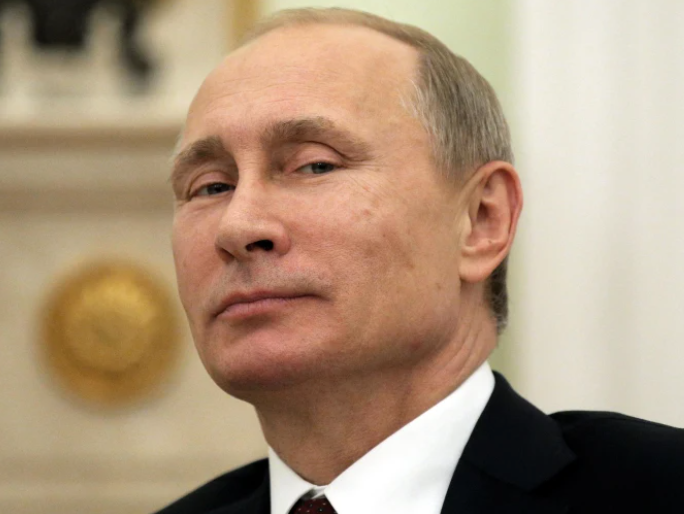$RTX $LMT $BTC
#Russia #Ukraine #Geopolitics #MikeMaloney #Crypto #Stocks #MarketSignals #DefenseStocks #WarEconomy #GlobalConflict #RiskManagement #FinancialMarkets
The ongoing escalation in the Russia-Ukraine conflict has drawn worldwide attention, with analysts and commentators like Mike Maloney warning about its massive implications on the global stage. Maloney, joined by Alan Hibbard, delves into the critical point we’re at in history, where the lines between economic warfare and outright military engagement have become increasingly blurred. As concerns rise regarding a potential U.S. and NATO entanglement, the financial markets are already reflecting significant distress. Investors closely tied to defense and military-industrial stocks such as $RTX (Raytheon Technologies) and $LMT (Lockheed Martin) have seen these equities exhibit notable resilience, if not outright gains, as governments ramp up spending on defense contracts. However, while defense companies appear to benefit in such tumultuous times, global markets are struggling with heightened volatility across equities, resources, and currencies.
The implications of a deeper U.S. involvement in the conflict go far beyond geopolitical strategy—they could directly reshape investor sentiment and financial dynamics worldwide. As Maloney indicates, any escalation resembling a broader global war could drive up the prices of commodities like oil, gold, and even cryptocurrency. Bitcoin ($BTC), often viewed as “digital gold,” has seen increased demand during periods of economic and political instability due to its decentralized and inflation-hedging properties. At the same time, traditional safe-haven assets like gold and silver have also become increasingly attractive, reflecting a historical pattern where investors seek hard assets during periods of heightened uncertainty. Bond markets, too, have seen inversions in yields, signaling underlying fears of a recession. Recent military tensions have accelerated this trend, as governments face rising debt loads alongside sky-high military spending.
Central banks around the world are carefully monitoring how the geopolitical crisis impacts inflation, consumer markets, and broader risk sentiment. With the Federal Reserve still combating inflationary pressures in the U.S. economy, any war-related supply shocks—particularly in energy and grain markets—could exacerbate cost pressures globally. This creates an additional dilemma: How can governments continue supporting Ukraine militarily while containing runaway inflation? On one hand, leaders in Washington and Brussels are considering increasing sanctions on Russia, which might push energy costs higher. On the other, central banks could be forced into an even tighter monetary policy stance, potentially triggering further pain in equity markets and stifling economic growth. Such trade-offs make this conflict not only a military but also an economic battlefield.
For individual investors, the current environment serves as a reminder of the perils of geopolitically driven markets and the need for diversification. The global financial system has become deeply interconnected, meaning shocks in one region can ripple across the world almost instantly. Cryptocurrencies like $BTC could gain long-term utility, as they represent alternatives to fiat systems during periods of uncertainty. Simultaneously, stocks in the defense sector, such as $RTX and $LMT, will likely remain in focus as policymakers bolster military budgets. However, this war-centric market transition isn’t without risks. Investors may need to brace for sharp swings in risk assets as headlines drive uncertainty, and this could provide opportunities or pitfalls depending on one’s portfolio strategy. Maloney and Hibbard’s discussion underscores a critical message: The financial markets are intrinsically linked to geopolitical realities, and with the stakes higher than ever, investors need to remain vigilant, informed, and prepared for what may come next.







Comments are closed.